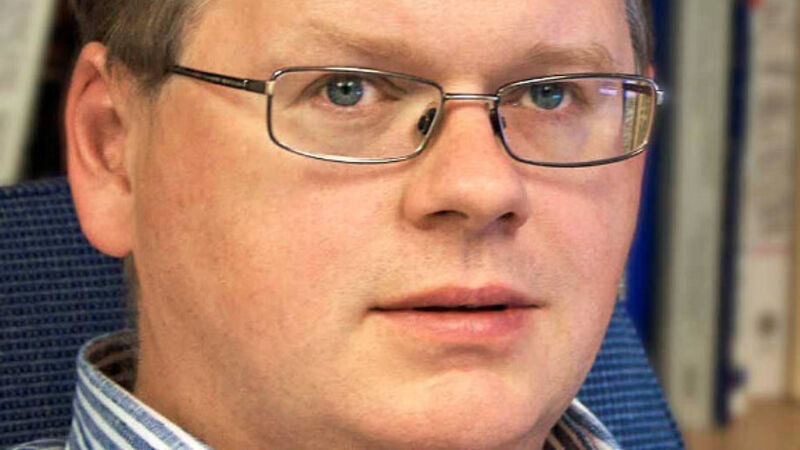Talk about macroeconomic aggregates doesn’t cut it with voters

It was a case study in how to lose an election, a mixture of arrogance and tin-eared disconnect, combined with a lurking bruised populace (or “whingers” as the Taoiseach would have us known) unwilling to believe that the recovery existed, never mind had been kept going.
Behavioural economics has a fair degree of traction now as the driving paradigm of how we should interrogate the economy.
















